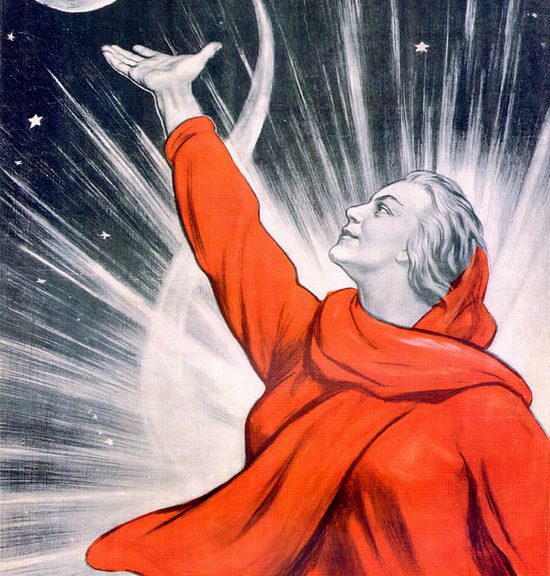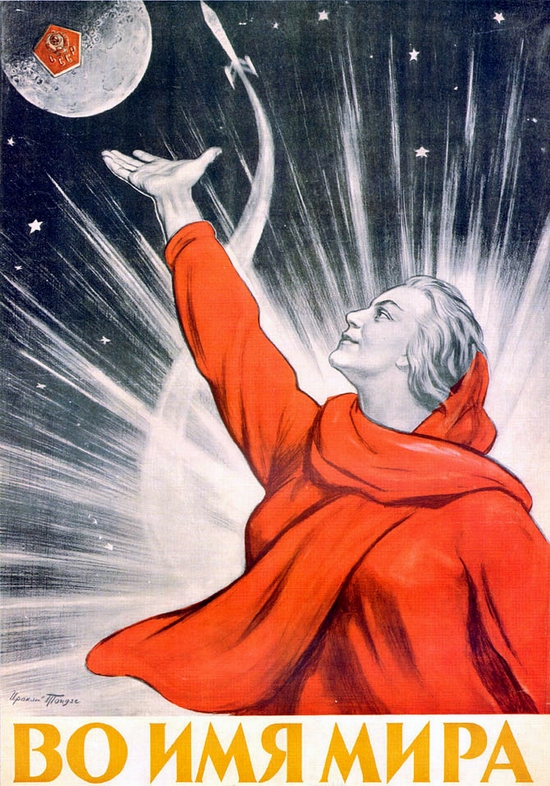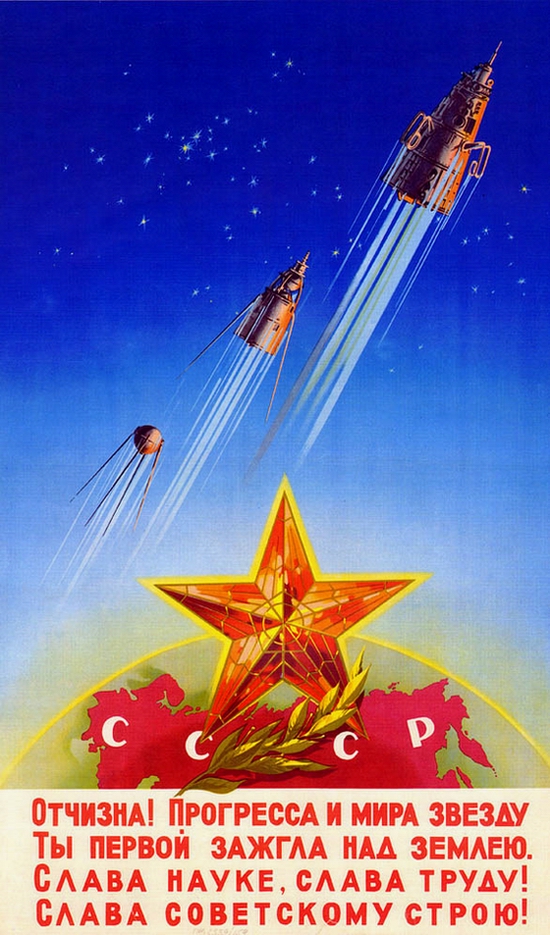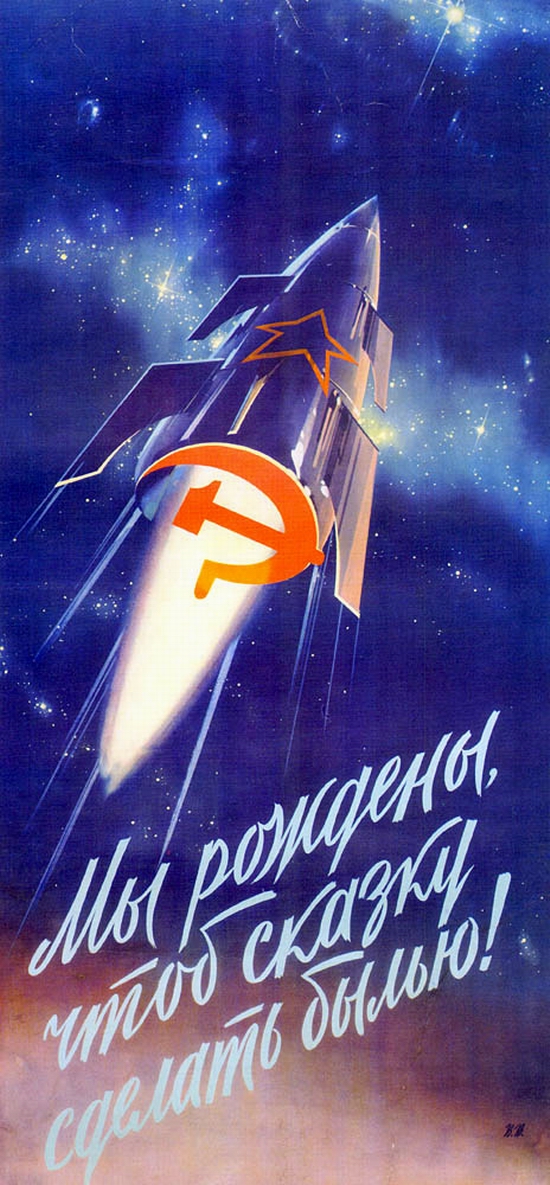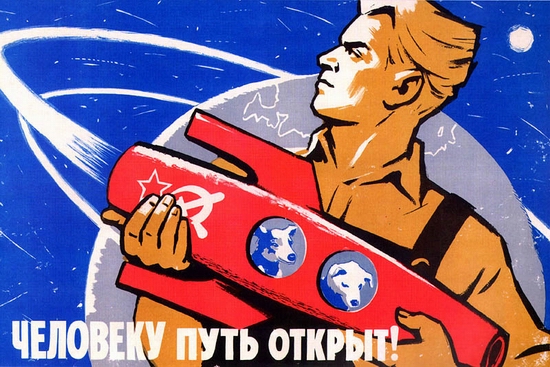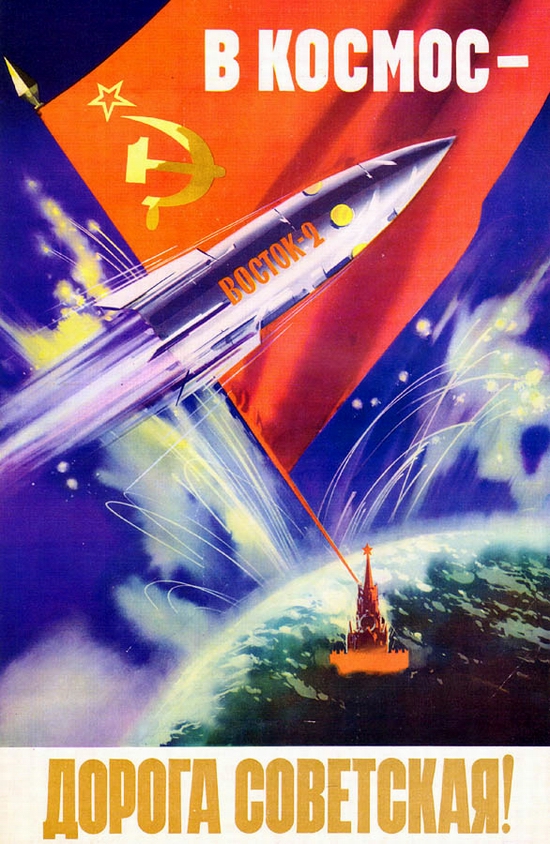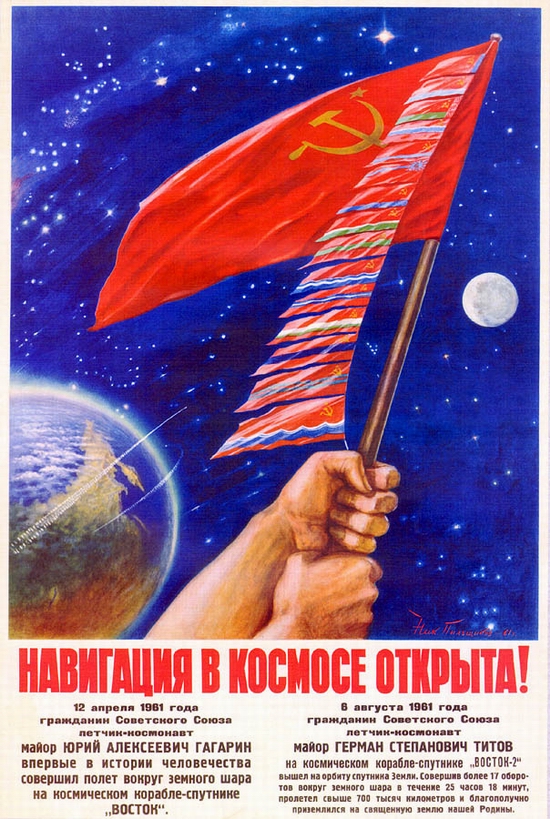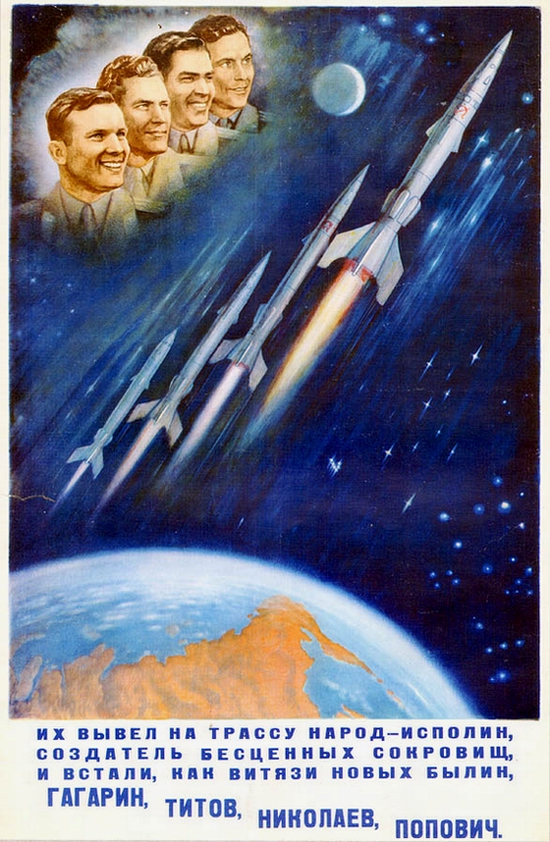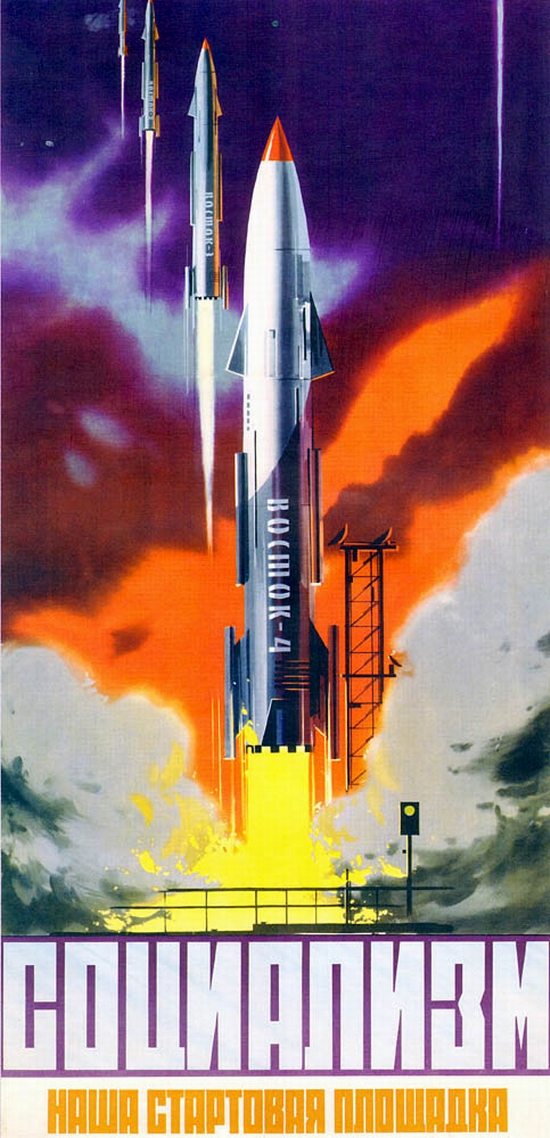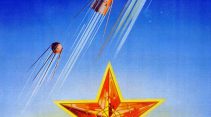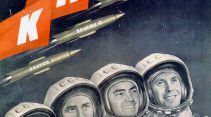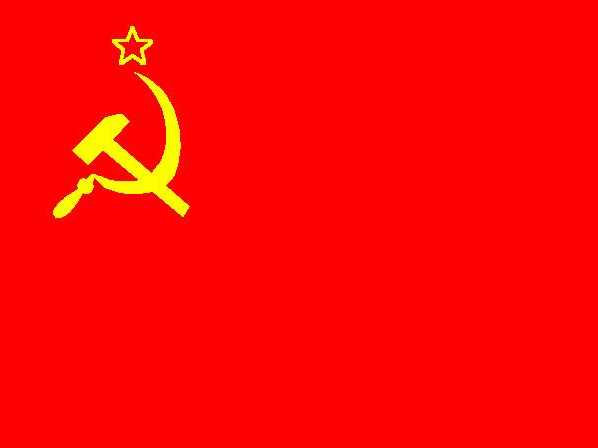 Thatcher supported the Strategic Defence Initiative (SDI) program which stipulated an aggressive weaponization of space. Reagan’s objective was to rid the world of nuclear weapons, according to Thatcher. Thatcher, however, disagreed (nuclear weapons are a deterrent to war in Thatcher’s estimation) but she knew that she must always remain a staunch ally of the US. Russians didn’t like the SDI proposal because they were concerned that the US shield would end the deterrence against US attack. For Thatcher and others conservatives, the SDI programme was central in the victory of the West during the Cold War. The causation is deterministic in their opinion. SDI = weakened USSR.
Thatcher supported the Strategic Defence Initiative (SDI) program which stipulated an aggressive weaponization of space. Reagan’s objective was to rid the world of nuclear weapons, according to Thatcher. Thatcher, however, disagreed (nuclear weapons are a deterrent to war in Thatcher’s estimation) but she knew that she must always remain a staunch ally of the US. Russians didn’t like the SDI proposal because they were concerned that the US shield would end the deterrence against US attack. For Thatcher and others conservatives, the SDI programme was central in the victory of the West during the Cold War. The causation is deterministic in their opinion. SDI = weakened USSR.
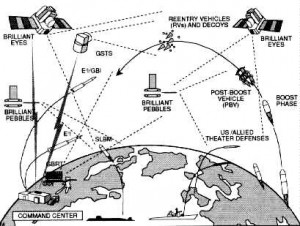 The SDI opened up new complications and dimensions to the American and British nuclear deterrence strategy. SDI had implications for Cold War agreements about the weaponization of space. The technological advances would be helpful. The Russians had already begun experiments with tracking systems to repel an American attack. Thatcher believed it made sense to go forward with SDI in order to deal with indirect accidental launch at the very least. The MAD deterrence was the primary reason there had not been a nuclear war according to Thatcher. She didn’t care that Russia felt the SDI reduced deterrence. She felt that it was part of scientific development; it must be carefully controlled and regimented. For Thatcher, science cannot be stopped. She even argues that the Russians will develop this system as well but if they can’t then they deserve to be destroyed.
The SDI opened up new complications and dimensions to the American and British nuclear deterrence strategy. SDI had implications for Cold War agreements about the weaponization of space. The technological advances would be helpful. The Russians had already begun experiments with tracking systems to repel an American attack. Thatcher believed it made sense to go forward with SDI in order to deal with indirect accidental launch at the very least. The MAD deterrence was the primary reason there had not been a nuclear war according to Thatcher. She didn’t care that Russia felt the SDI reduced deterrence. She felt that it was part of scientific development; it must be carefully controlled and regimented. For Thatcher, science cannot be stopped. She even argues that the Russians will develop this system as well but if they can’t then they deserve to be destroyed.
 Thatcher and Reagan agreed on the principles of SDI treaty with Russia at the Iceland Summit (Reykjavik Summit) that stated:
Thatcher and Reagan agreed on the principles of SDI treaty with Russia at the Iceland Summit (Reykjavik Summit) that stated:
1) the US and Western nations would not aim for superiority but stability with Russia,
2) SDI development would have to coincide with treaties negotiated,
3) the aim is to enhance deterrence,
4) East-West should try to reduce systems on both sides. The Reykjavik, Iceland Summit was crucial in ending the Cold War.
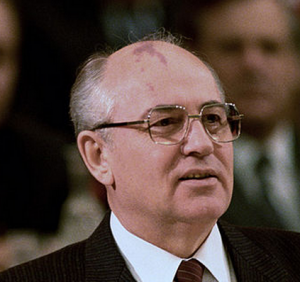 Gorbachev became the leader of the USSR in 1985. He recognized that the USSR economy was in terrible shape and would require massive reforms. The USSR laid a trap for the US during negotiations at the Iceland Summit: they made concessions on British and French deterrents not being included in the Intermediate-Range Nuclear Forces Treaty (INF). Those reductions in nuclear arms could occur on hard numbers NOT IN percentages which would disadvantage America with its larger stock-pile. Gorbachev said he would agreed that his nuclear arsenal would be halved in 5 years time. A huge concession! Gorbachev then sprang the trap: SDI must NOT continue….Reagan rejected the deal with Gorbachev since Gorbachev was making concessions he could not retrieve at its conclusion. It was obvious that Gorbachev had wilfully released the numbers on nuclear weapons as a concessions with the trap in mind ie end SDI. Even Trident would have ended had this proposal been accepted according to Thatcher. In these skillful negotiations, Reagan “had written one of the last chapters on the ‘Evil Empire’ that was the USSR which would be relegated to an ash heap in history” according to Thatcher. An INF agreement would have been given priority by Thatcher although she rejected full nuclear disarmament as impossible.
Gorbachev became the leader of the USSR in 1985. He recognized that the USSR economy was in terrible shape and would require massive reforms. The USSR laid a trap for the US during negotiations at the Iceland Summit: they made concessions on British and French deterrents not being included in the Intermediate-Range Nuclear Forces Treaty (INF). Those reductions in nuclear arms could occur on hard numbers NOT IN percentages which would disadvantage America with its larger stock-pile. Gorbachev said he would agreed that his nuclear arsenal would be halved in 5 years time. A huge concession! Gorbachev then sprang the trap: SDI must NOT continue….Reagan rejected the deal with Gorbachev since Gorbachev was making concessions he could not retrieve at its conclusion. It was obvious that Gorbachev had wilfully released the numbers on nuclear weapons as a concessions with the trap in mind ie end SDI. Even Trident would have ended had this proposal been accepted according to Thatcher. In these skillful negotiations, Reagan “had written one of the last chapters on the ‘Evil Empire’ that was the USSR which would be relegated to an ash heap in history” according to Thatcher. An INF agreement would have been given priority by Thatcher although she rejected full nuclear disarmament as impossible.


